Optimize Your WordPress Website for SEO in 2025
Search Engine Optimization (SEO) is constantly evolving, and staying ahead in 2025 requires a strategic approach. With Google's advanced algorithms and user-centric ranking factors, optimizing your WordPress website is more important than ever. In this guide, we will cover the essential steps to improve your website’s SEO and rank higher on search engines.
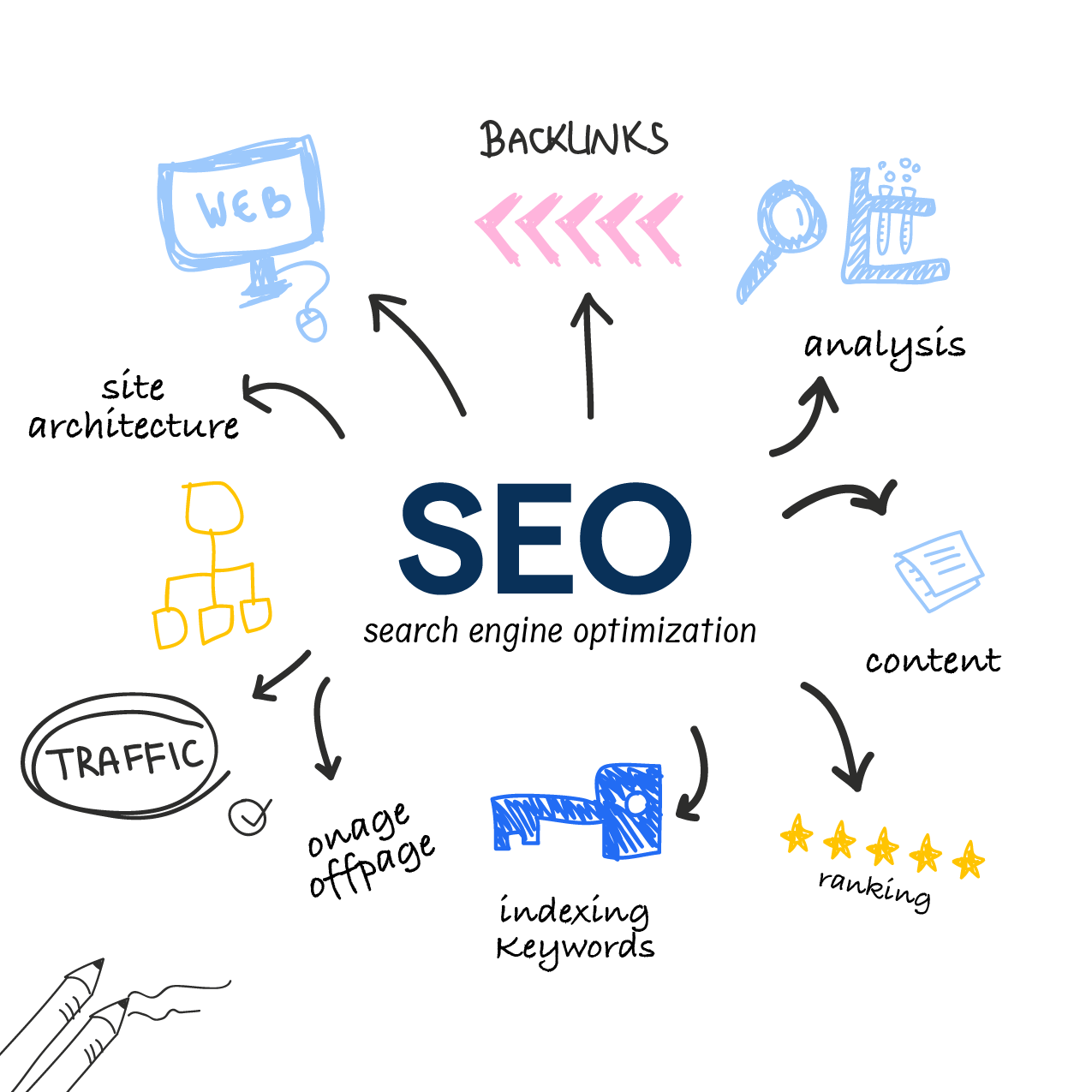
1. Choose an SEO-Friendly WordPress Theme
Your theme plays a crucial role in website performance and SEO. A poorly coded theme can slow down your site and negatively impact rankings.
- Choose a lightweight, mobile-friendly theme.
- Ensure it follows SEO best practices (clean code, proper HTML structure).
- Check for fast loading times using Google PageSpeed Insights.
 10 Best SEO WordPress Themes in 2025 (To Boost Rankings)
10 Best SEO WordPress Themes in 2025 (To Boost Rankings)
2. Improve Website Speed and Performance
Page speed is a critical ranking factor. A slow website results in higher bounce rates and lower search rankings.
- Use a caching plugin like WP Rocket or W3 Total Cache.
- Optimize images using plugins like Smush or ShortPixel.
- Enable lazy loading to improve load times.
- Use a CDN (Content Delivery Network) to serve static files faster.
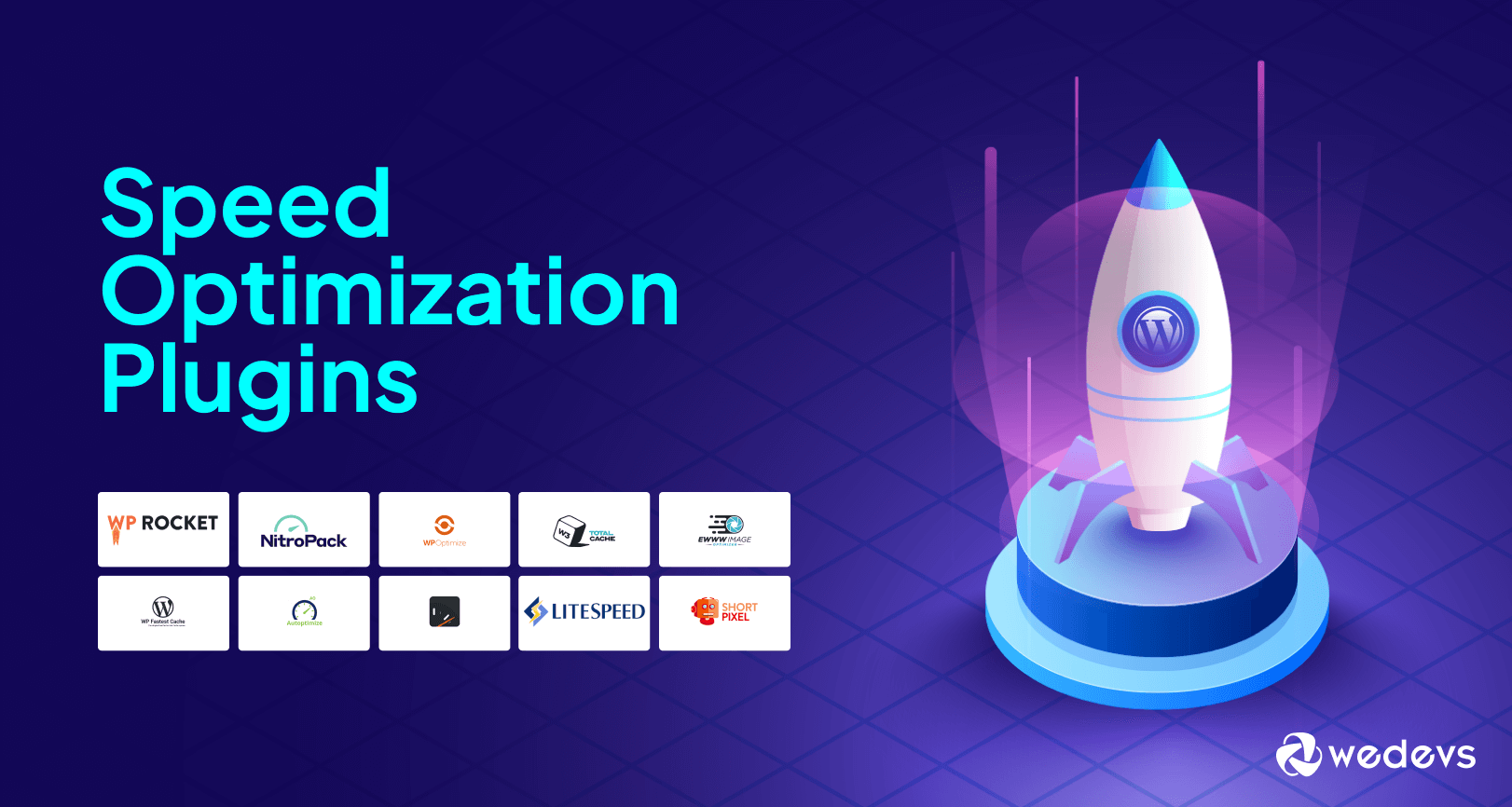
3. Optimize Your Content with Keywords
Keyword optimization is at the heart of SEO. However, keyword stuffing can lead to penalties.
- Use long-tail keywords relevant to your niche.
- Place keywords naturally in headings, meta descriptions, and content.
- Utilize tools like Google Keyword Planner or Ahrefs for keyword research.

4. Install an SEO Plugin
SEO plugins help streamline optimization. Some of the best WordPress SEO plugins include:
- Yoast SEO – Offers content analysis, XML sitemaps, and meta tag optimization.
- Rank Math – Advanced SEO settings, schema markup, and keyword tracking.
- All in One SEO – Comprehensive SEO toolkit for WordPress.
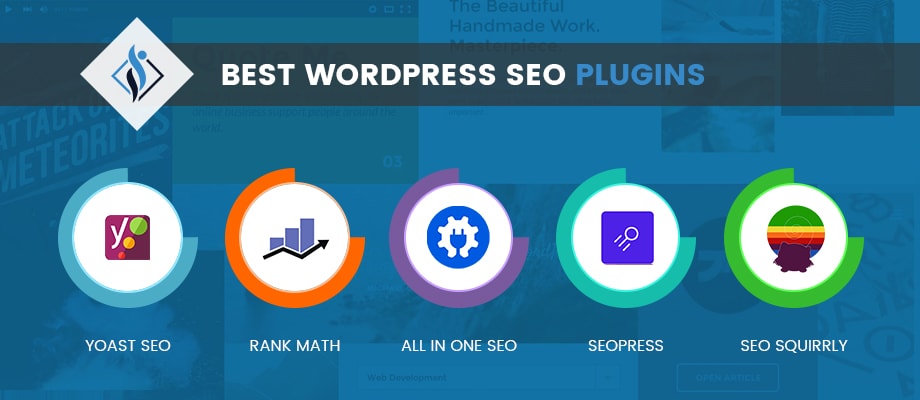
5. Optimize URLs and Permalinks
Clean, readable URLs improve SEO and user experience.
- Go to Settings > Permalinks in WordPress.
- Use the "Post name" structure instead of default numbers.
- Avoid unnecessary characters and keep URLs short.
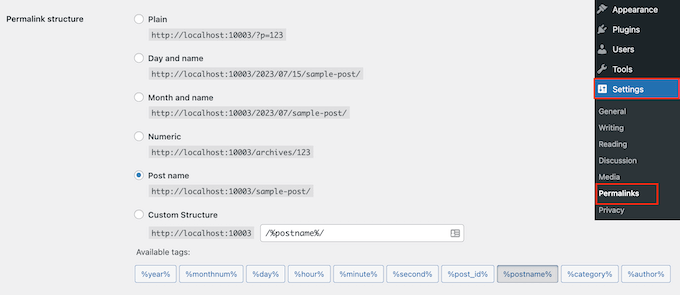
6. Create High-Quality, Engaging Content
Content is the backbone of SEO. Google prioritizes well-structured, informative content.
- Write detailed, original blog posts (1000+ words).
- Use proper heading structures (H1, H2, H3).
- Add internal and external links to authoritative sources.
7. Mobile Optimization is a Must
Google uses mobile-first indexing, meaning mobile-friendliness is essential.
- Use a responsive WordPress theme.
- Test your website with Google’s Mobile-Friendly Test.
- Ensure touch-friendly buttons and readable fonts.

8. Use Schema Markup for Rich Snippets
Schema markup helps search engines understand your content better.
- Use structured data to enhance search visibility.
- Plugins like Rank Math and Schema Pro simplify schema implementation.
- Test your schema using Google’s Rich Results Test.
9. Secure Your Website with HTTPS
Security is a ranking factor, and HTTPS is essential for trust and SEO.
- Install an SSL certificate from your hosting provider.
- Ensure all URLs redirect to HTTPS.
- Check for mixed content errors using browser developer tools.
10. Build Quality Backlinks
Backlinks from reputable websites improve your domain authority.
- Guest post on industry-related websites.
- Share valuable content on social media and forums.
- Engage in link-building strategies like broken link replacement.
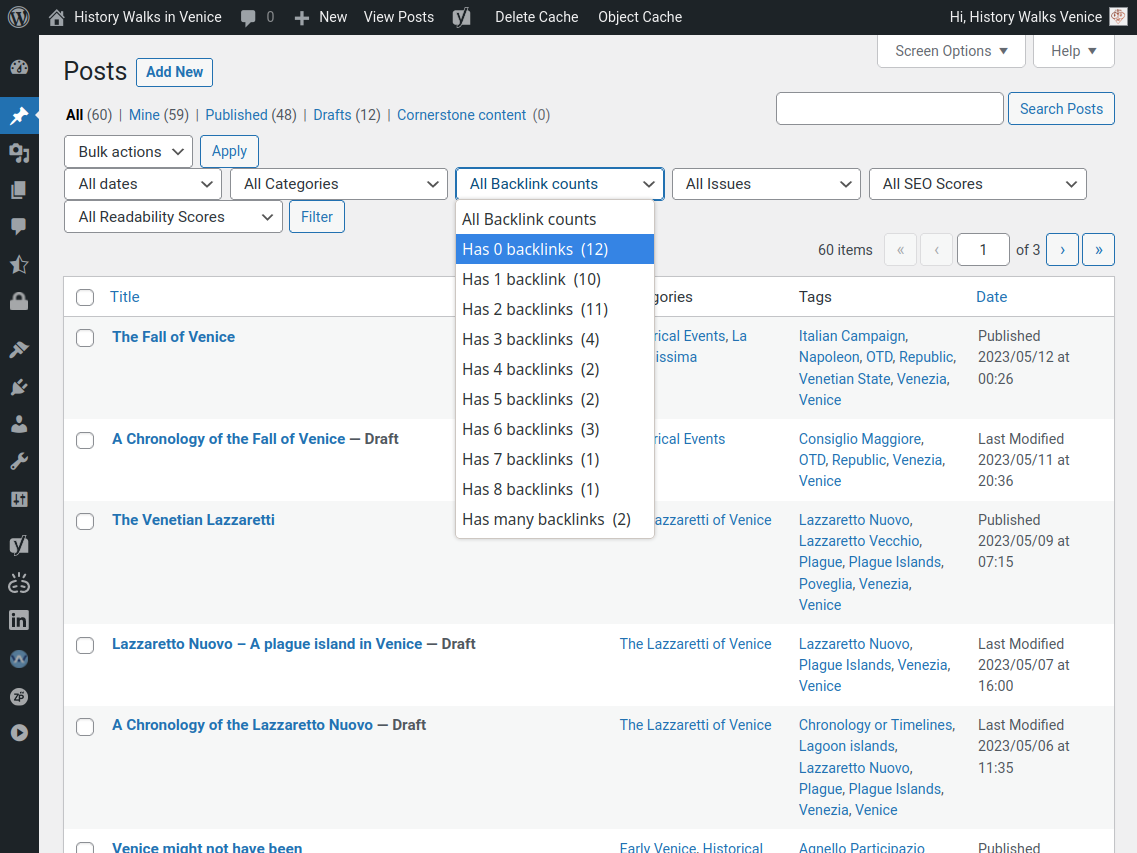
Final Thoughts
SEO is an ongoing process that requires regular updates and optimization. By following these best practices, you can improve your WordPress website’s search rankings in 2025. Keep up with algorithm changes, create high-quality content, and ensure a great user experience.








0 Comments